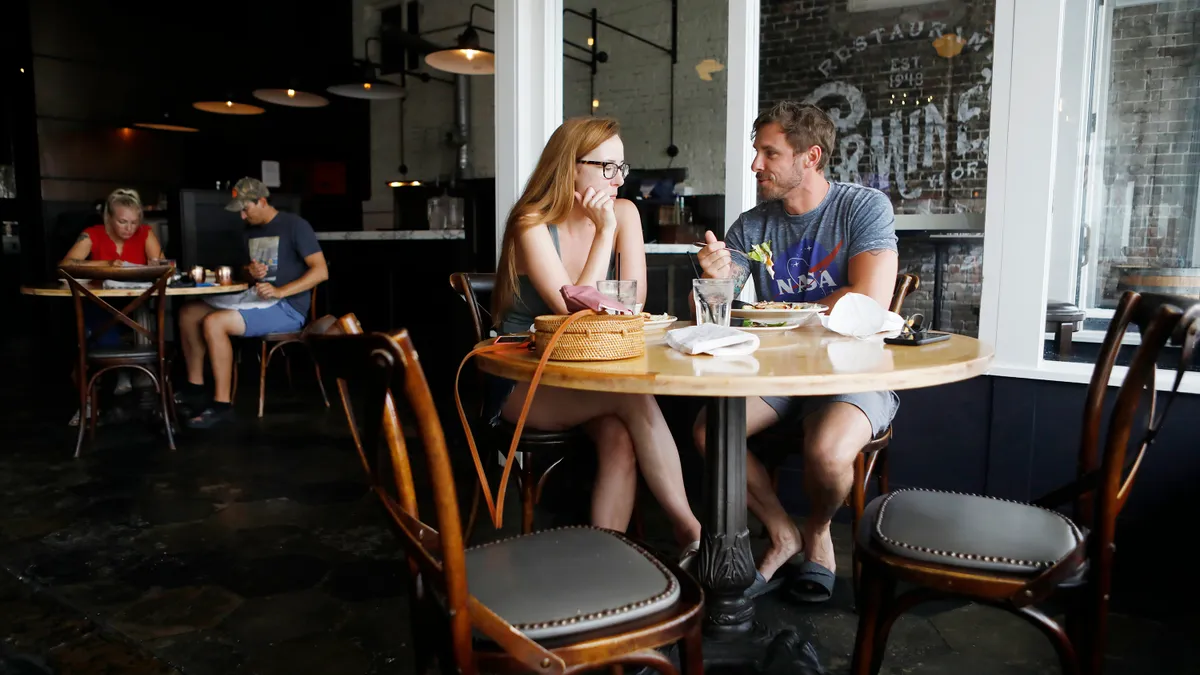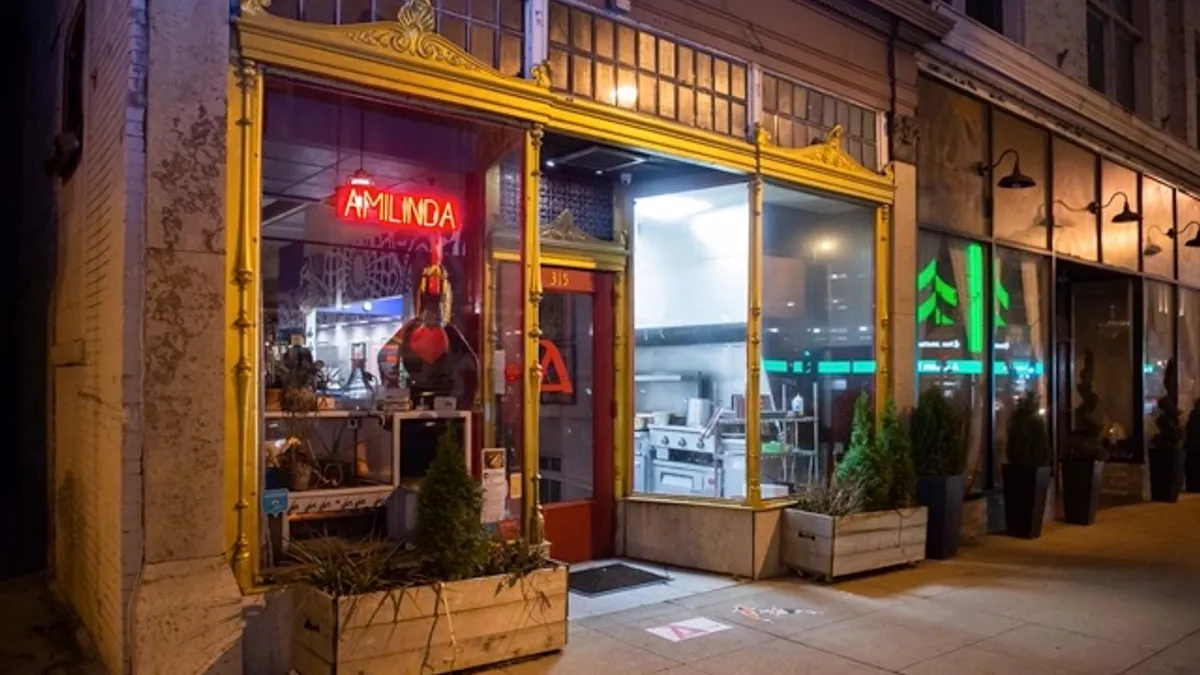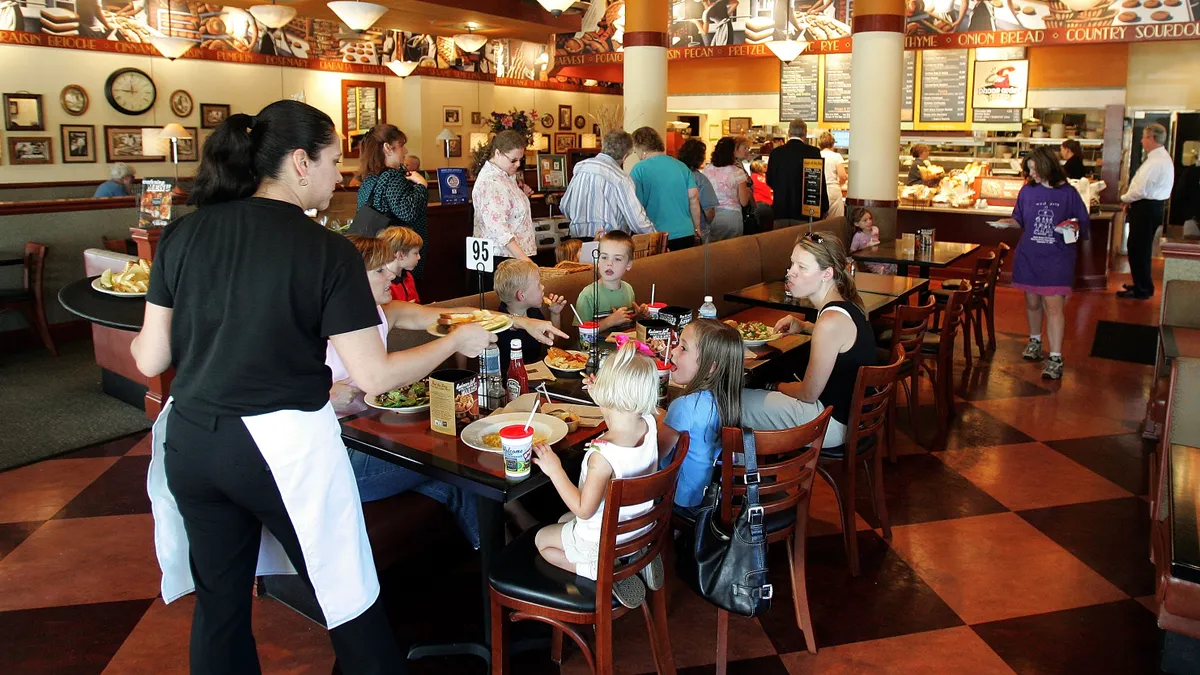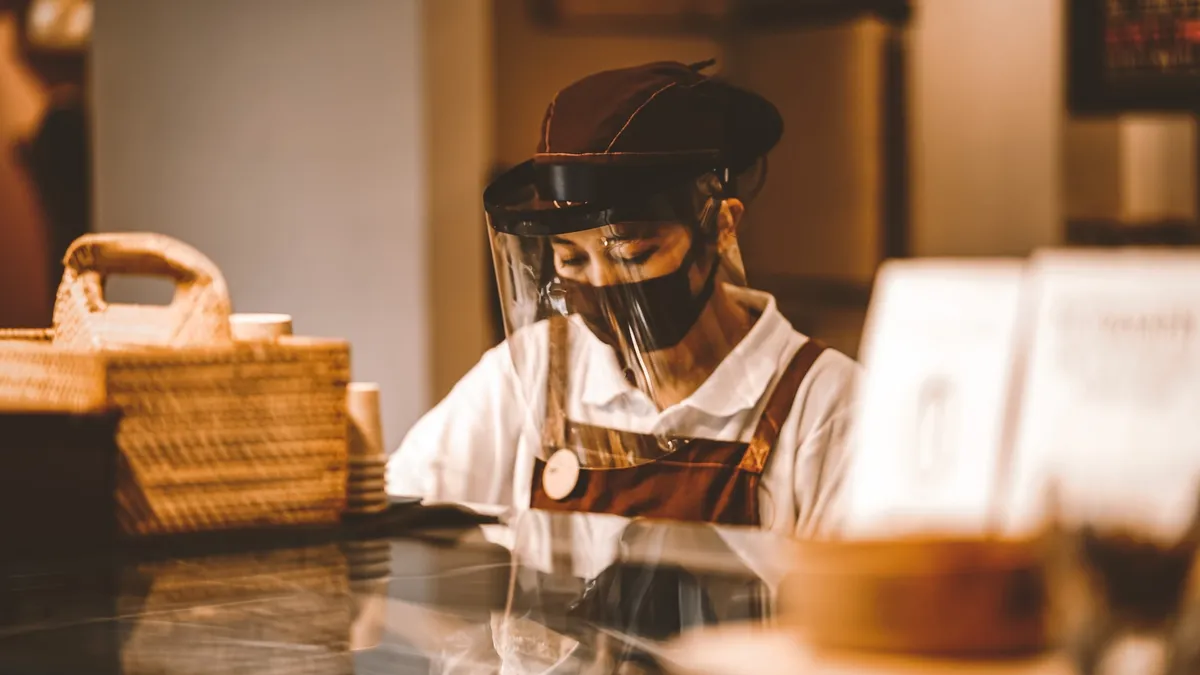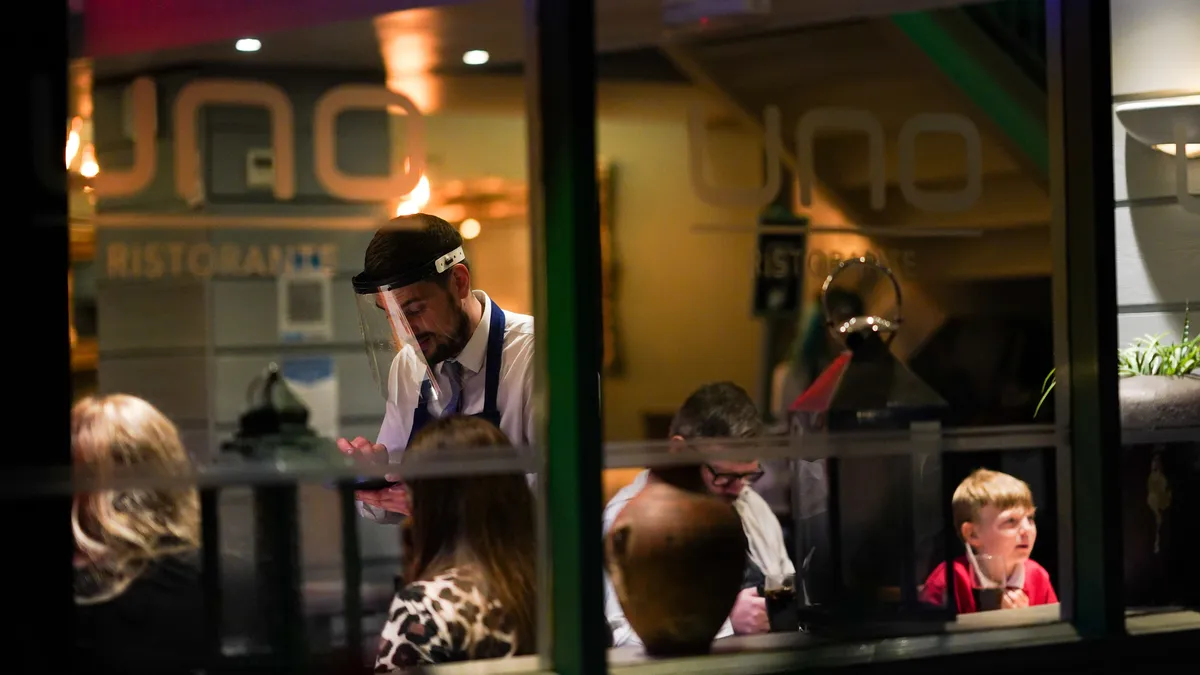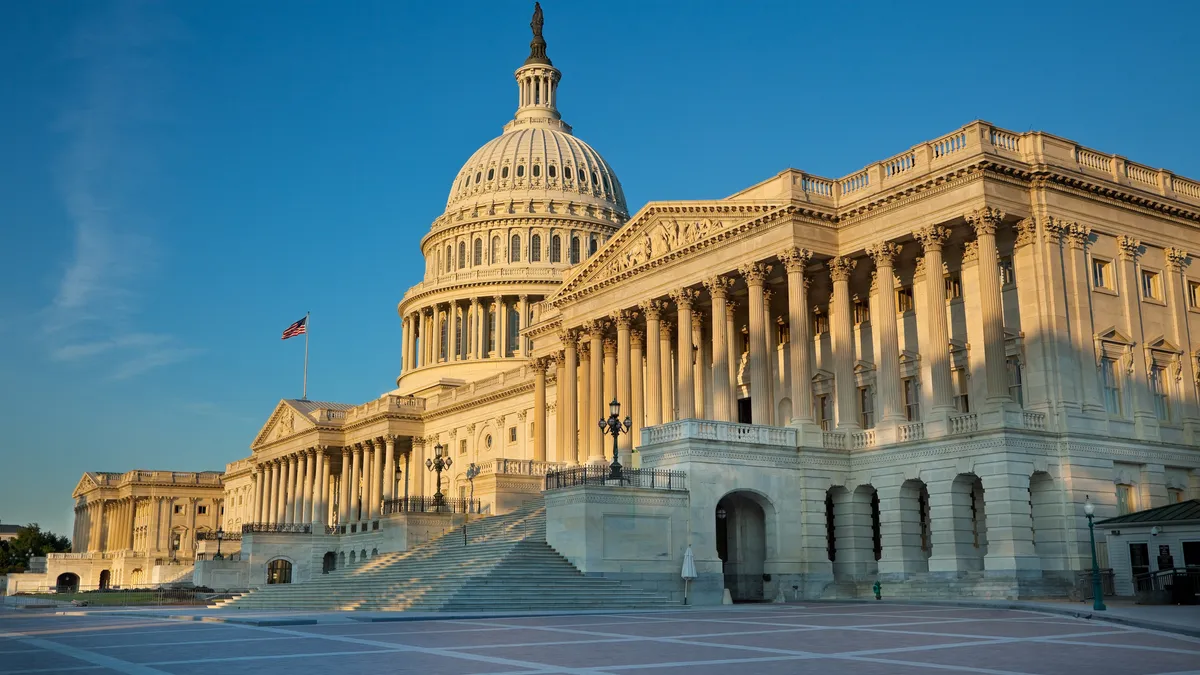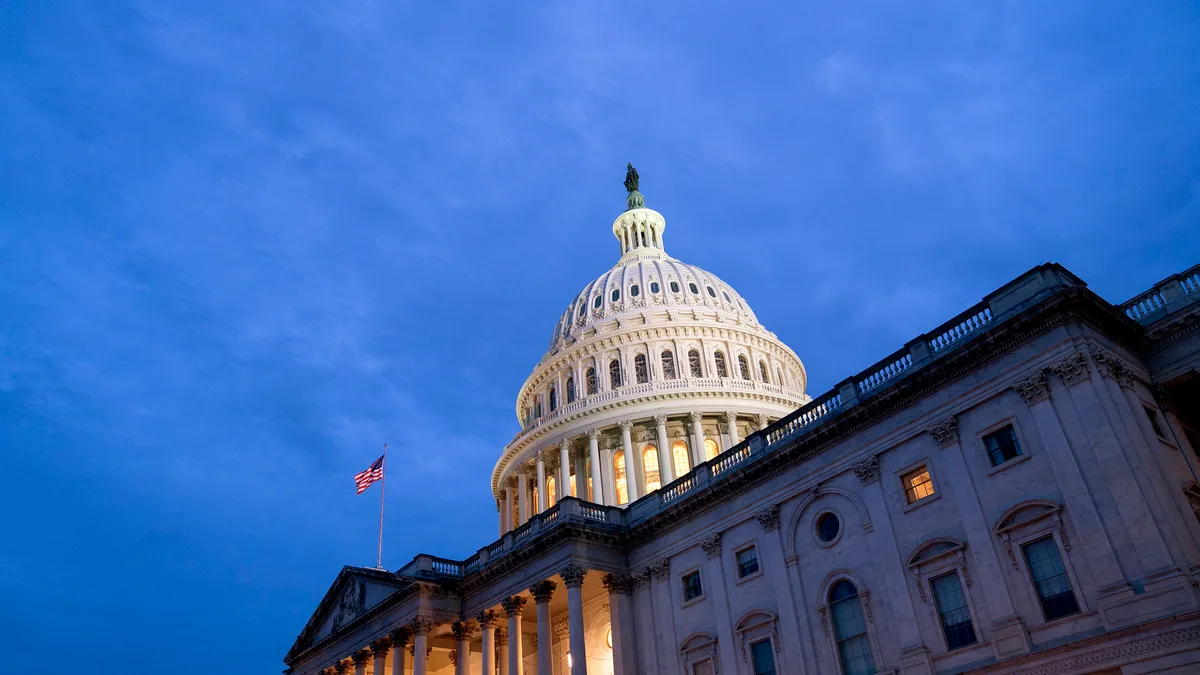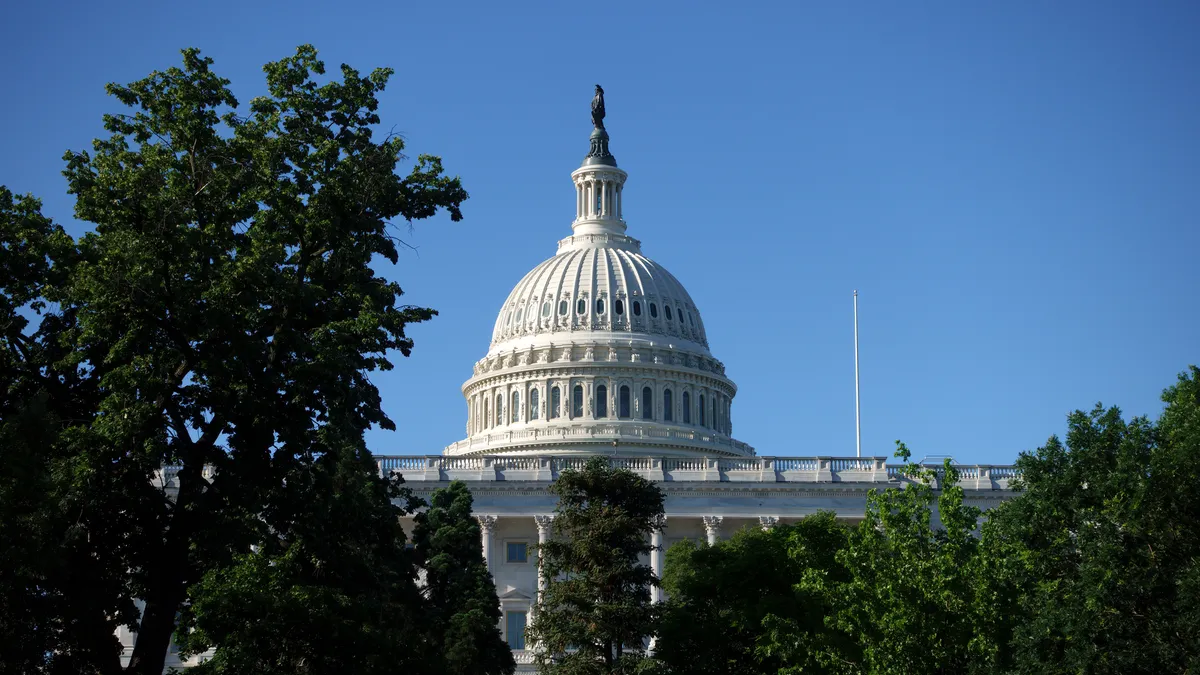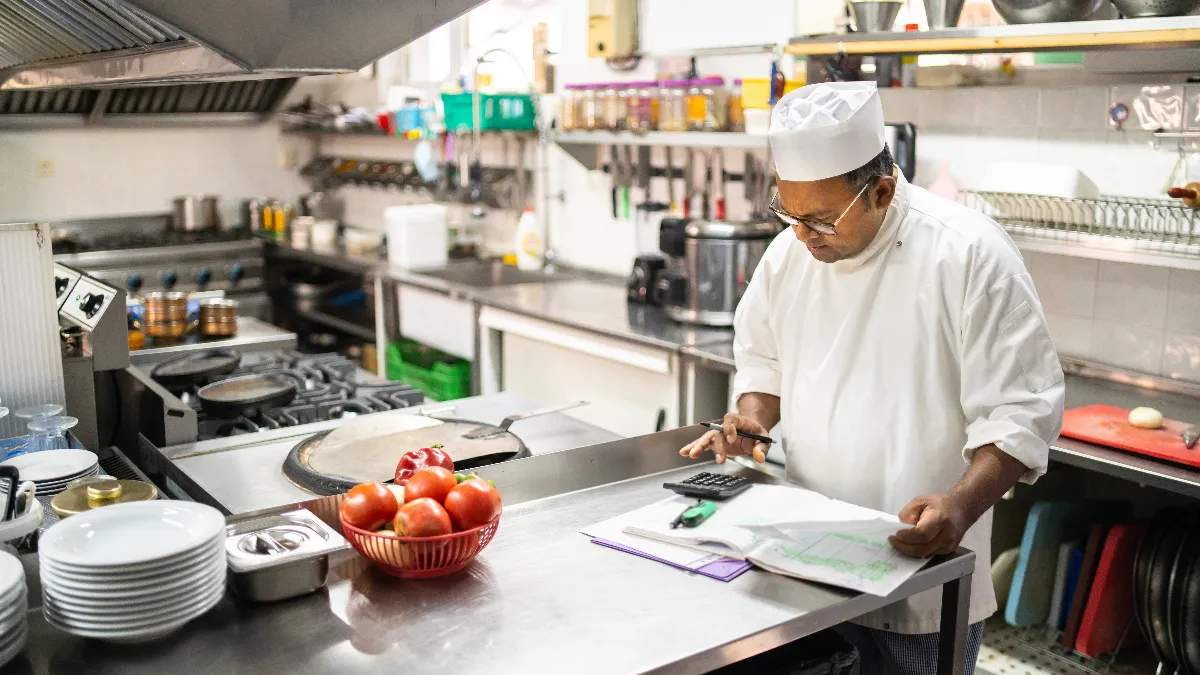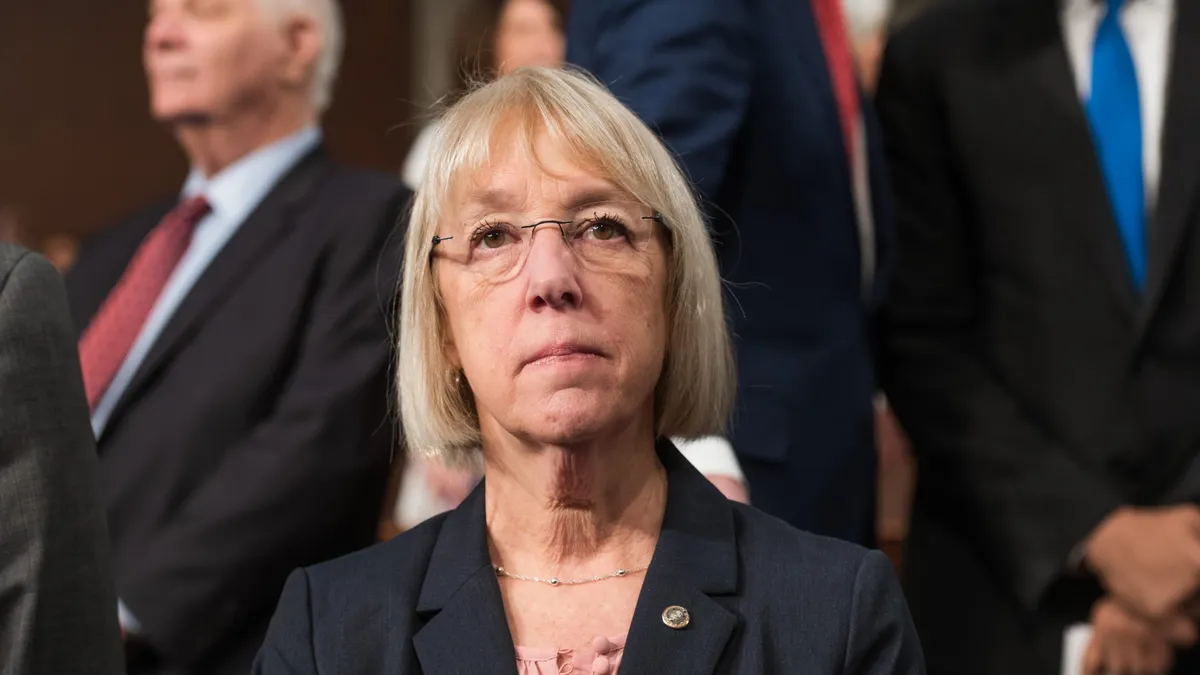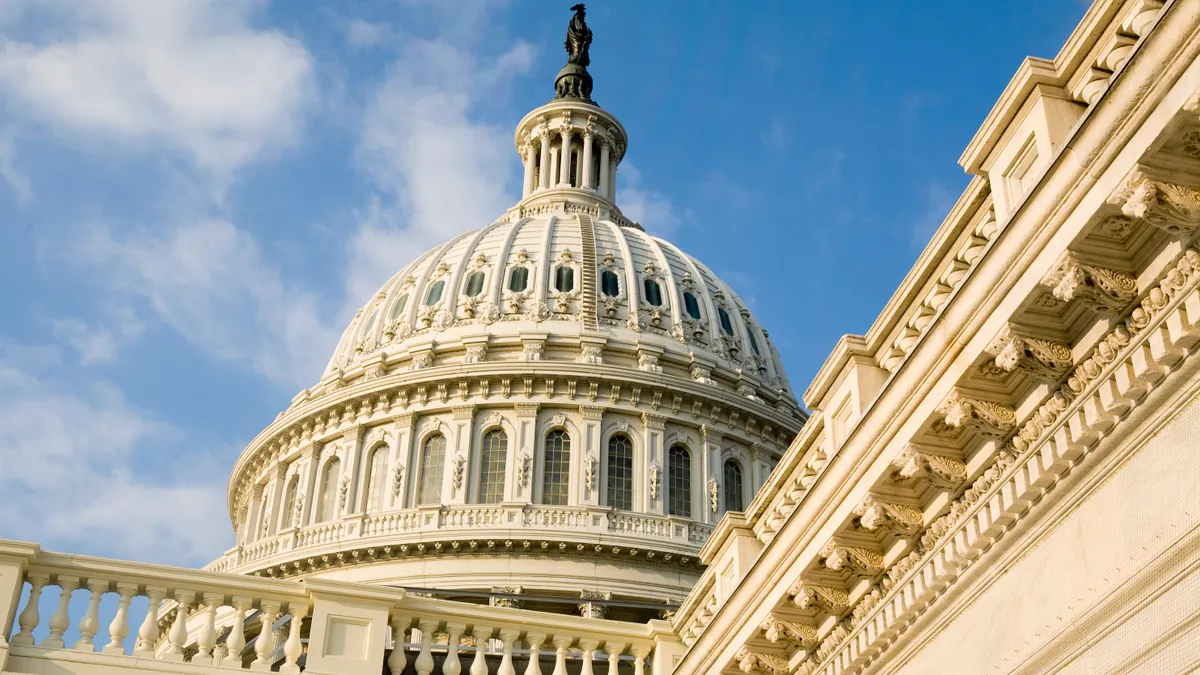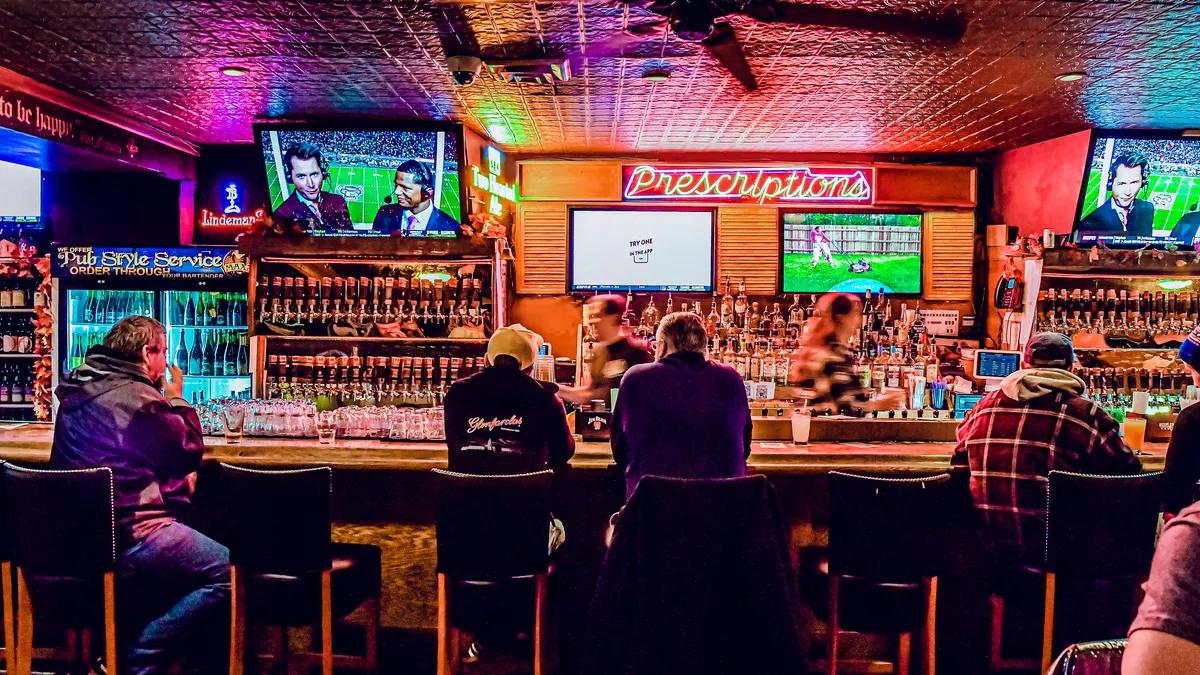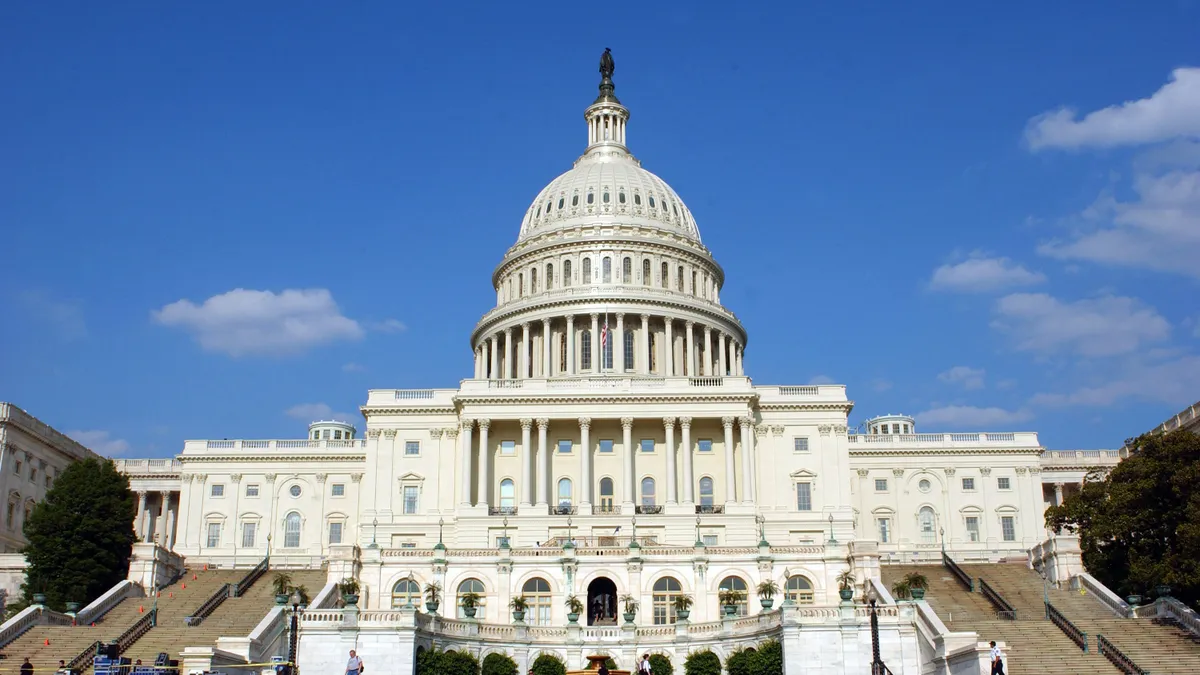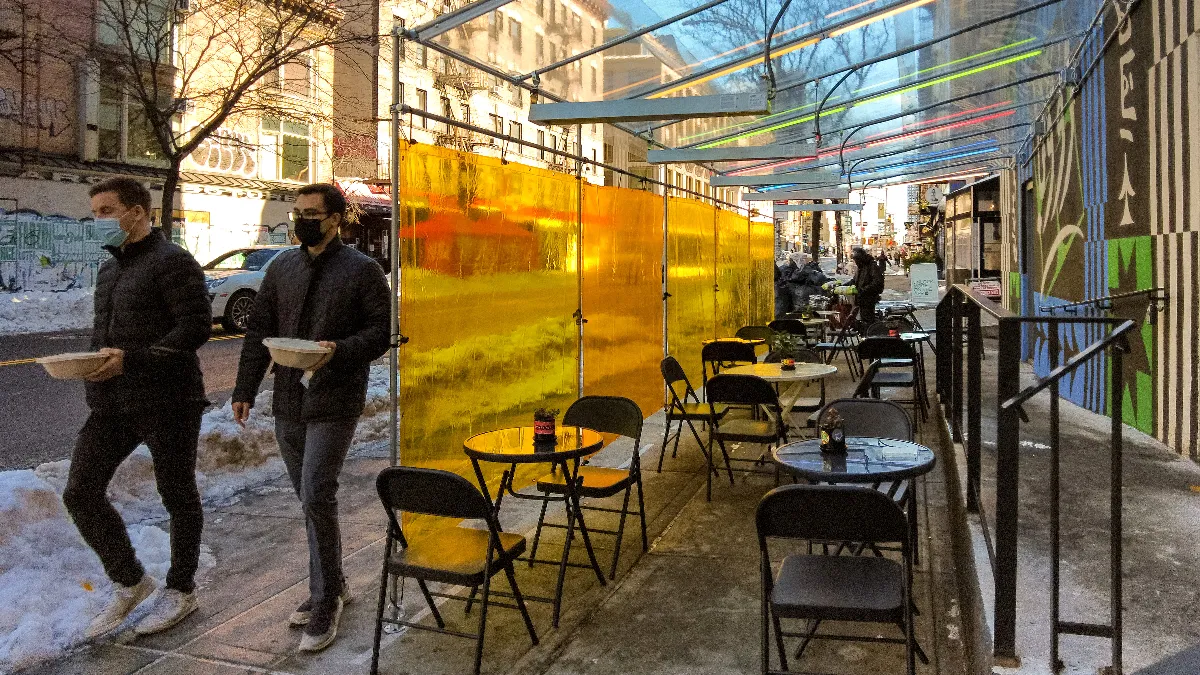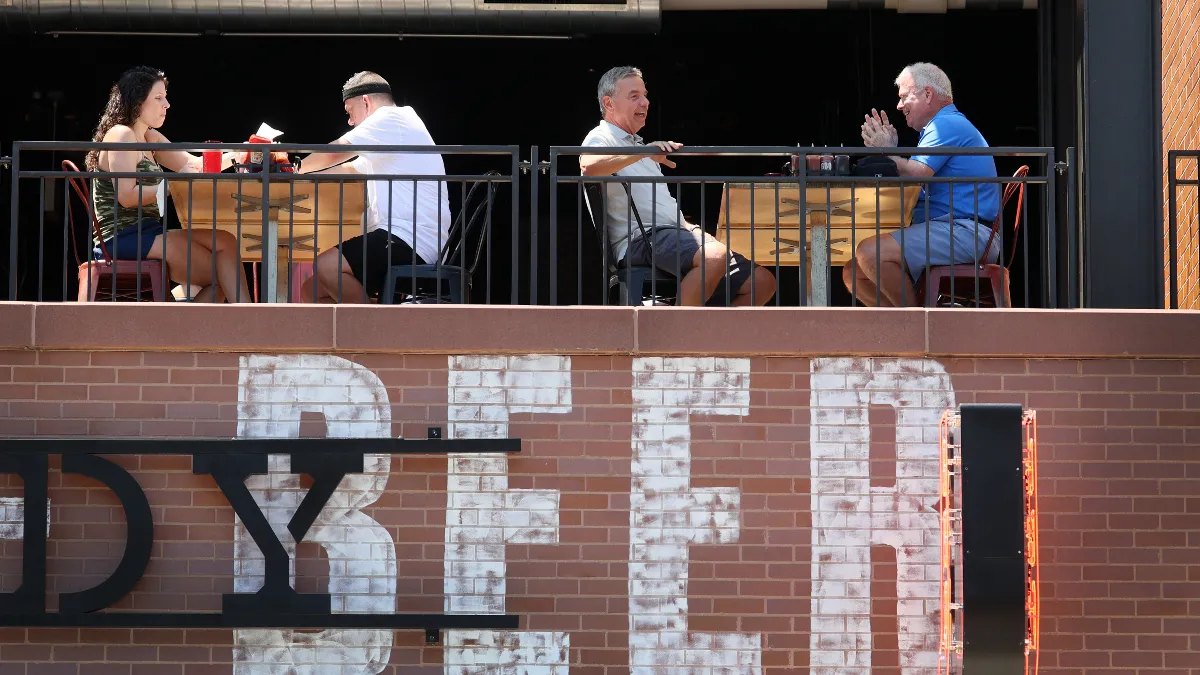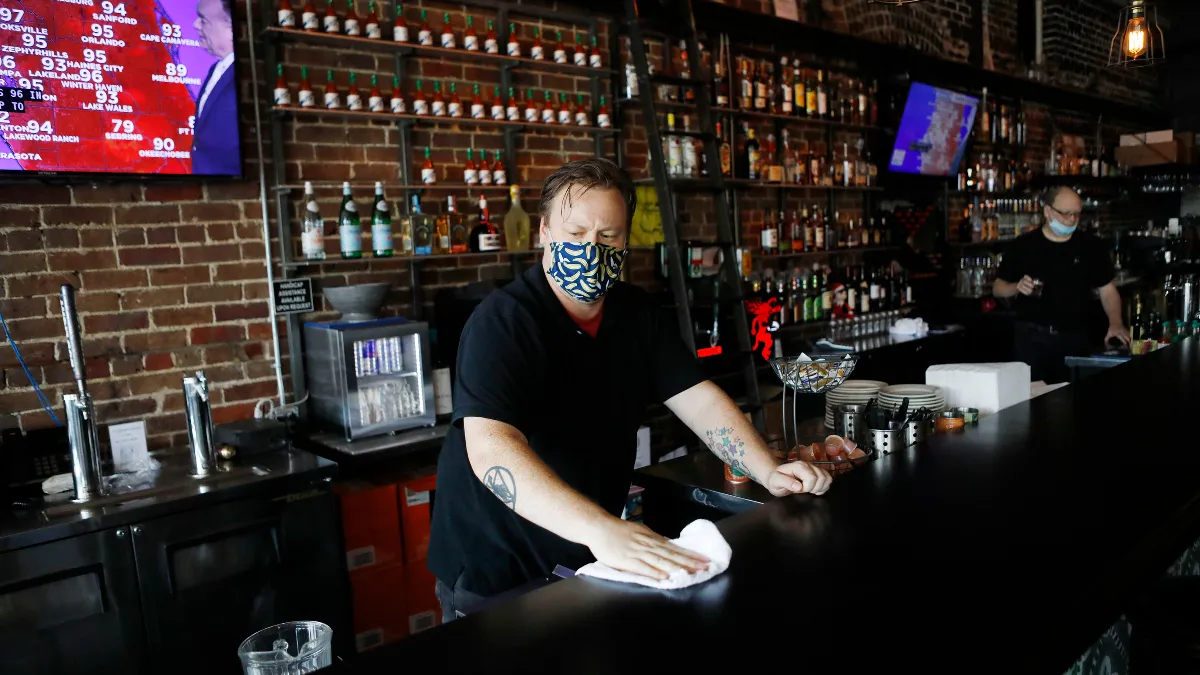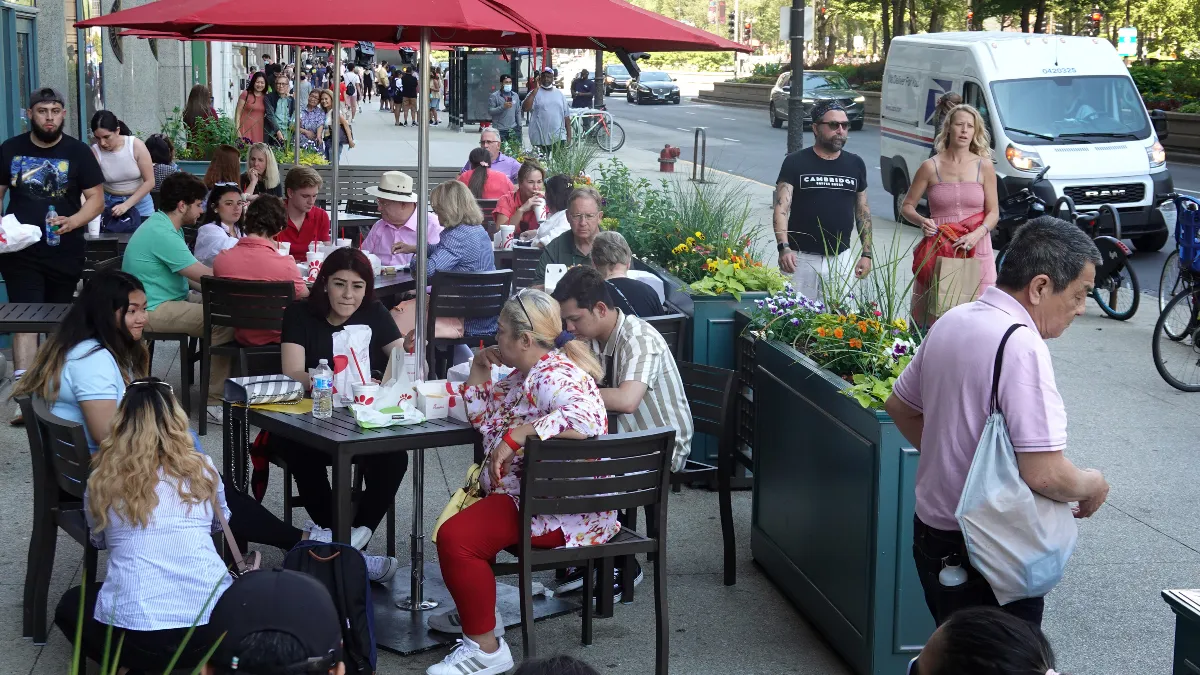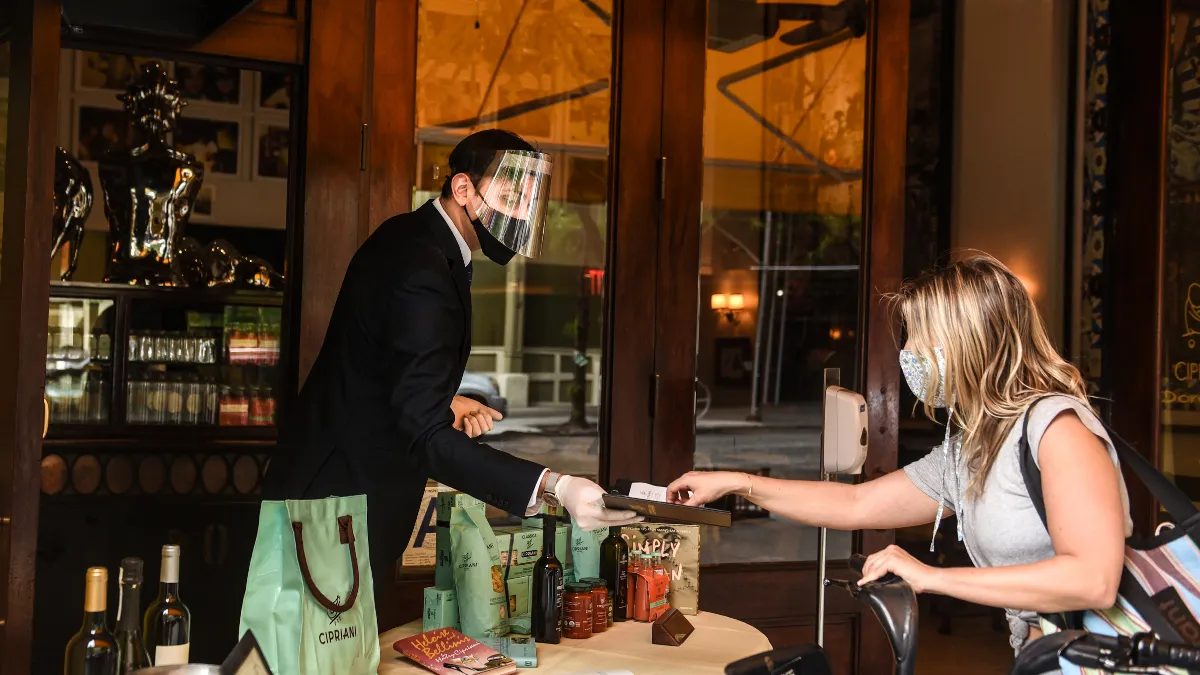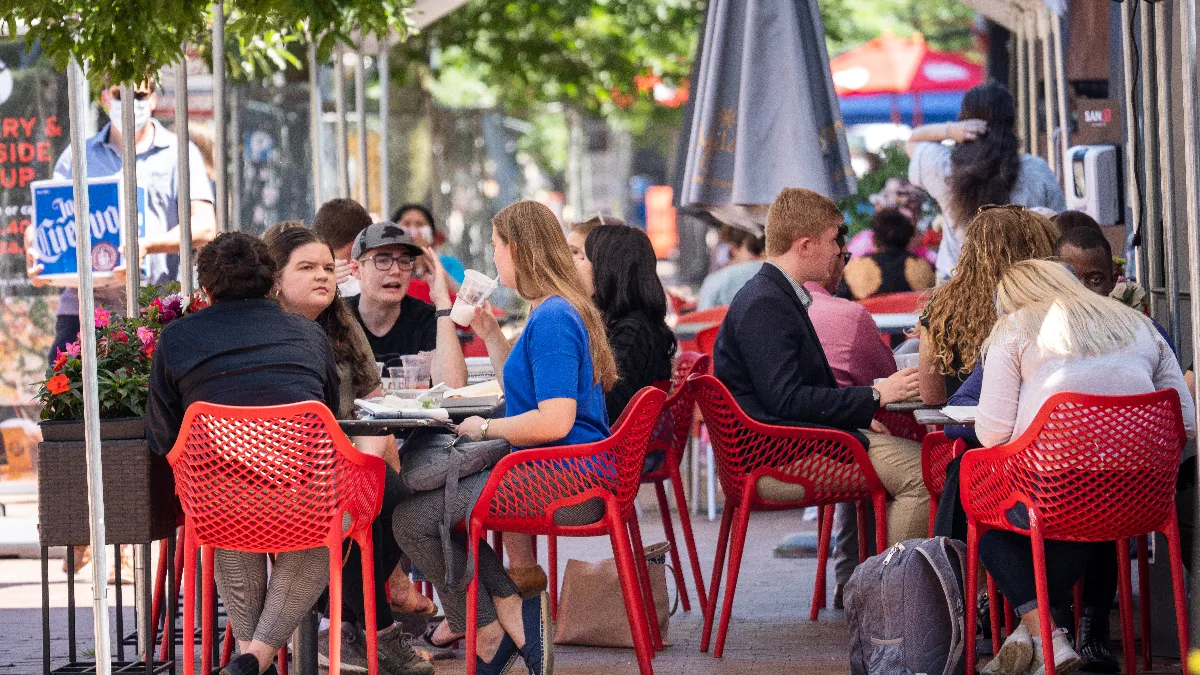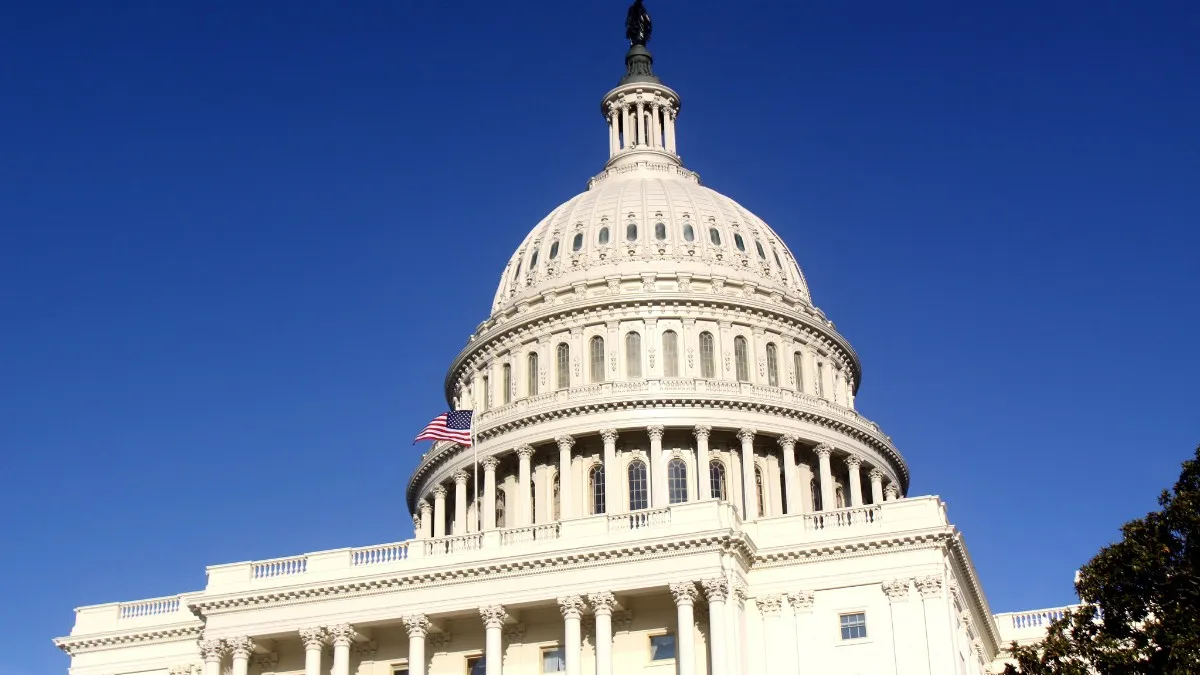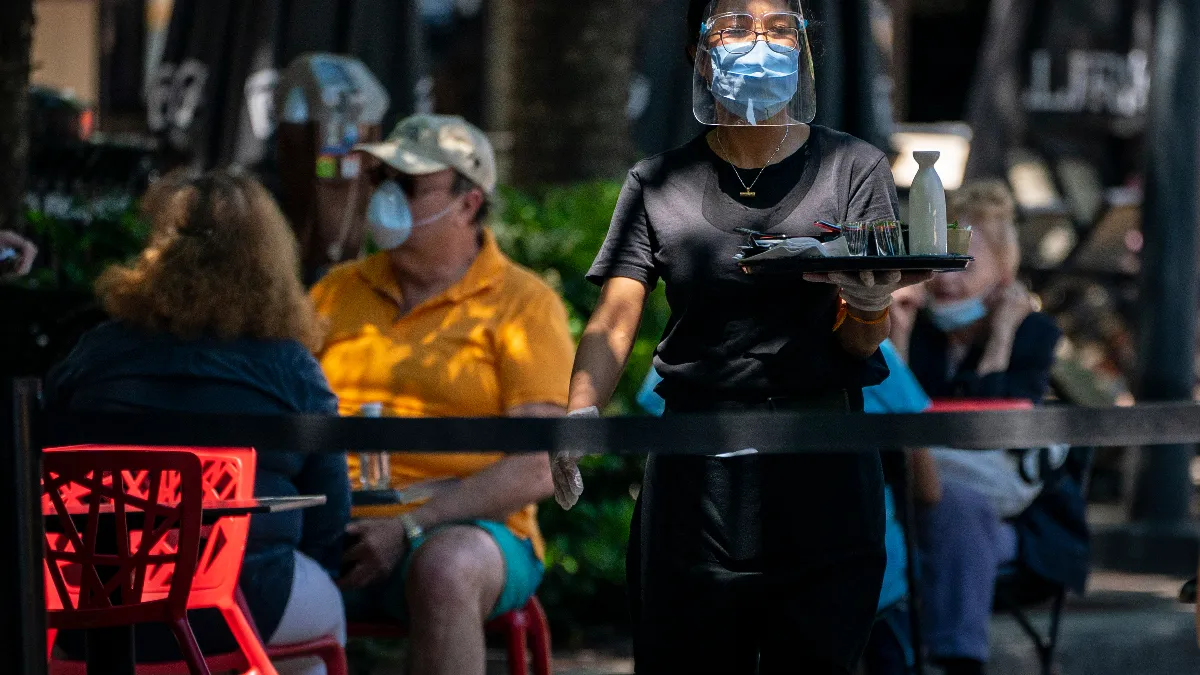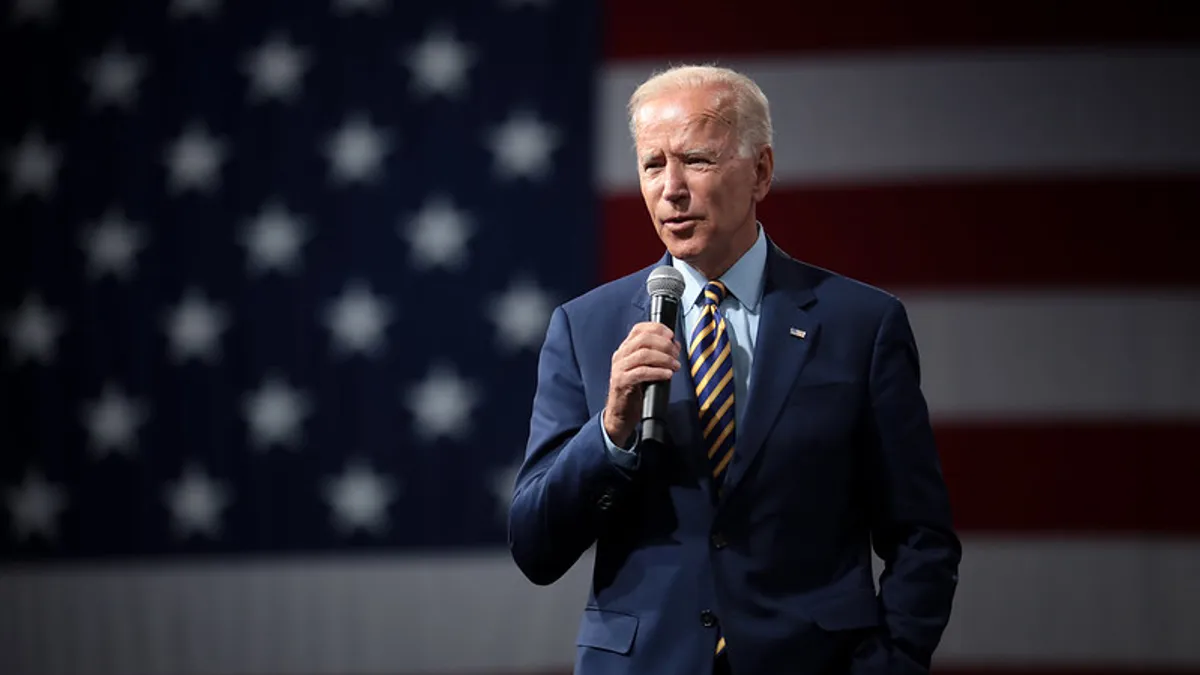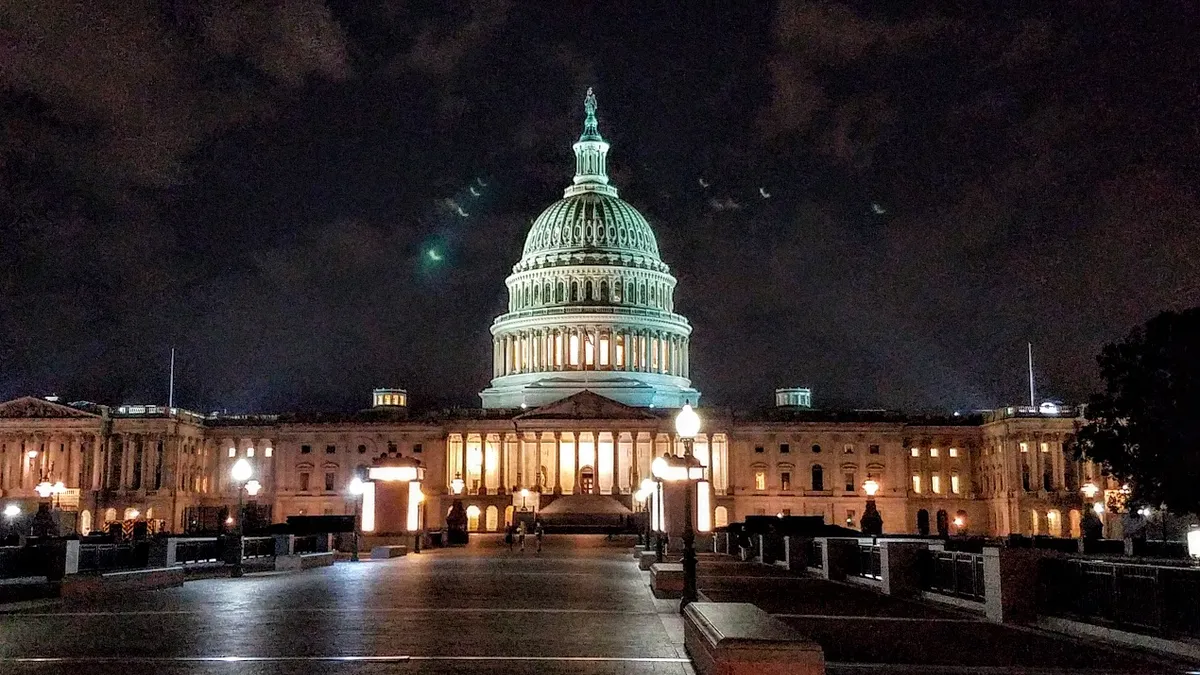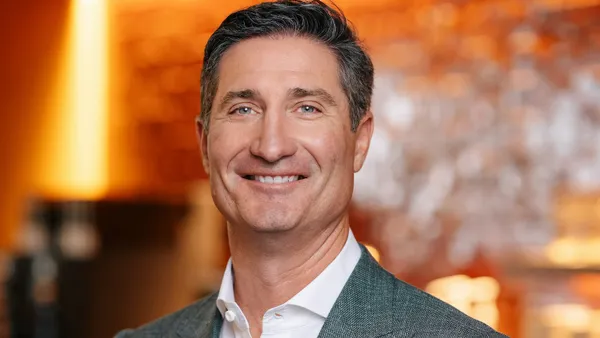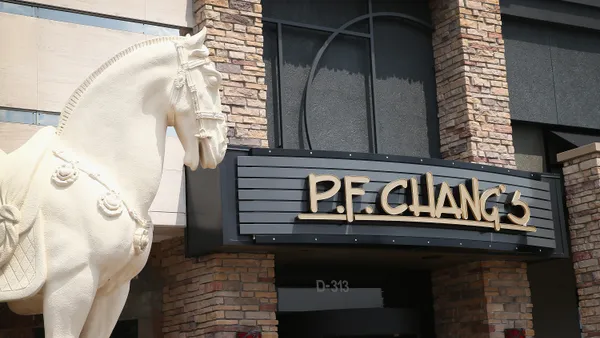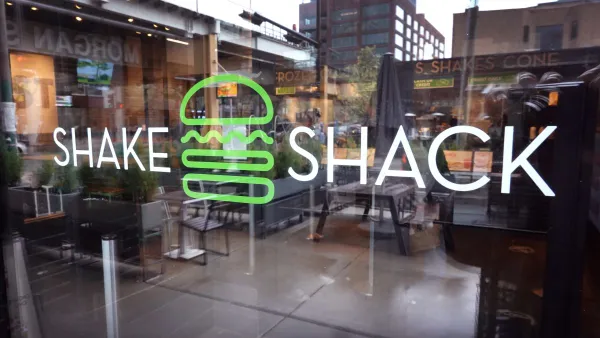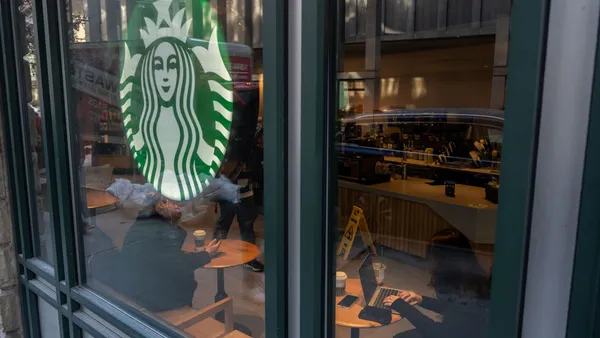Dive Brief:
- The Independent Restaurant Coalition has expressed concern about the number of "ineligible" businesses that received grants from the U.S. Small Business Administration's Restaurant Revitalization Fund and has filed a Freedom of Information Act request to the SBA to better understand how the grants were distributed.
- In a statement emailed to Restaurant Dive, IRC Executive Director Erika Polmar said businesses such as recreation facilities, management companies and hotel chains received such grants, even as Congress "clearly spelled out that only eating and drinking places should qualify for relief."
- Over the last few months, the $28.6 billion relief fund has been ensnared in issues as it ran dry just three weeks after opening for applications, facing backlash via lawsuits for its priority allotments and outcry as it rescinds pledged grants.
Dive Insight:
Controversy over how the Restaurant Revitalization Fund's grants were dispersed continues to roil on.
While 24% of RRF grants distributed were for $50,000 or less, IRC points out that 11 hotel locations under the Hilton and Wyndham banners received a total of $24 million. That equates to roughly $2.2 million per location.
Still, according to the SBA, inns were qualified to apply, as long as their onsite sales of food and beverage comprised at least 33% of gross receipts, which could include hotels with a restaurant, bar or snack presence. Some hotels relied more heavily on their food and beverage sales as occupancy rates took a major hit during the pandemic. That said, hotels may not technically be ineligible, as the IRC claims.
Management companies and recreation facilities may be a bit murkier. Entities that own a place of business where the public or patrons assemble for the primary purpose of being served a food or drink could cover any number of management companies. Recreation facilities could fall under the "snack and nonalcoholic beverage bar" category, since more of these facilities have added foodservice options.
Some of the RRF issues are reminiscent of the Paycheck Protection Program, which distributed most of its initial $522 billion to larger businesses — a nominal percentage of which was restaurants. A second round of PPP was subsequently introduced with a refined process to ensure restaurants were prioritized. It worked: Restaurants and hotels secured the largest percentage of loans the second time around.
Now the IRC's priority is to funnel the second round of RRF loans to smaller restaurants, which continue to struggle, and is calling on Congress to make changes to the application process if it approves the additional $60 billion requested. It is also urging Congress to make changes to the program to ensure only restaurants and bars receive any future funding, and calling on the SBA to disclose how many restaurants had their awards revoked after Texas and Tennessee judges issued injunctions.
"Those businesses must be made whole, as should every restaurant and bar impacted by this pandemic," Polmar said in a statement.


